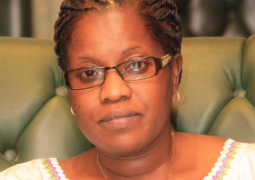Activists in the fight against hunger will today begin commemorating World Food Day.
In The Gambia, since women grow 90 percent of the country’s staple food – rice, it is increasingly clear that if only women farmers were given what they need to produce food, food security for The Gambia could become a reality and not just a distant dream.
Women use ancient tools for farming, and most of them cannot afford fertiliser to boost their farm production.
Lack of access to labour saving devices and technologies is also holding women back.
Women are doing everything manually using crude old fashioned implements – for clearing land, tilling the land, and harvesting.
For the country to attained food security, the national budget allocation to the agriculture sector has to be increased to a significant percentage allocation.
With more serious commitment and concerted efforts, the country can produce more food to feed the hungry masses.
The land is available and commitment is shown by poor Gambian farmers, and the only thing they need is more technical and financial support from the government and development partners.
While in the short term more food aid is needed to feed the hungry, in the long run more suitable interventions are needed to end hunger.
The need for our farmers to also diversify their farming activities by venturing into areas such as cultivating different varieties of crops, aquaculture, livestock etc is fundamentally important, since we cannot predict the rainfall pattern due to climate change.
Read Other Articles In Article (Archive)


